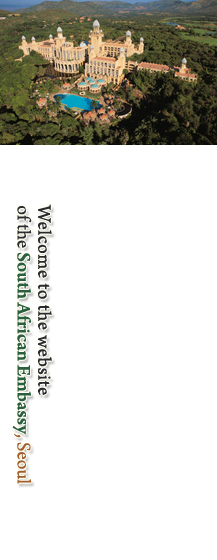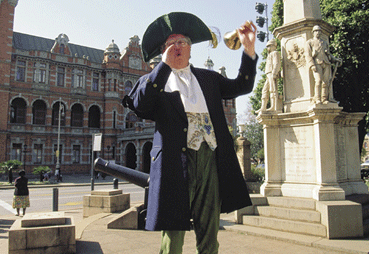
 |
 |
 |
 |
 |
 |
 |
 |
 |

European contact The first European settlement in southern Africa was established by the Dutch East India Company in Table Bay (Cape Town) in 1652. Created to supply passing ships, the colony grew quickly as Dutch farmers settled to grow produce. Shortly after the establishment of the colony, slaves were imported from East Africa, Madagascar and the East Indies. At approximately this time, in the areas beyond the reach of the colonists, a spate of state-building was being launched. The old order was upset and the Zulu kingdom emerged as a highly centralised State. In the 1820s, the celebrated Zulu leader Shaka established sway over a vast area of south-east Africa. As splinter groups from Shaka’s Zulu nation conquered and absorbed communities in their path, the region experienced a fundamental disruption. Substantial states, such as Moshoeshoe’s Lesotho and other Sotho-Tswana chiefdoms were established, partly for reasons of defence. This temporary disruption of life on the Highveld served to facilitate the expansion northwards of the original Dutch settlers’ descendents, the Boer Voortrekkers, from the 1830s. Throughout the 1800s, the boundaries of European influence spread eastwards. From the port of Durban, Natal settlers pushed northwards, further and further into the land of the Zulu. From the mid-1800s, the Voortrekkers coalesced in two land-locked white-ruled republics, the South African Republic (Transvaal) and the Orange Free State. (* Source : Pocket Guide to South Africa 2004 ) |
|||||||||

